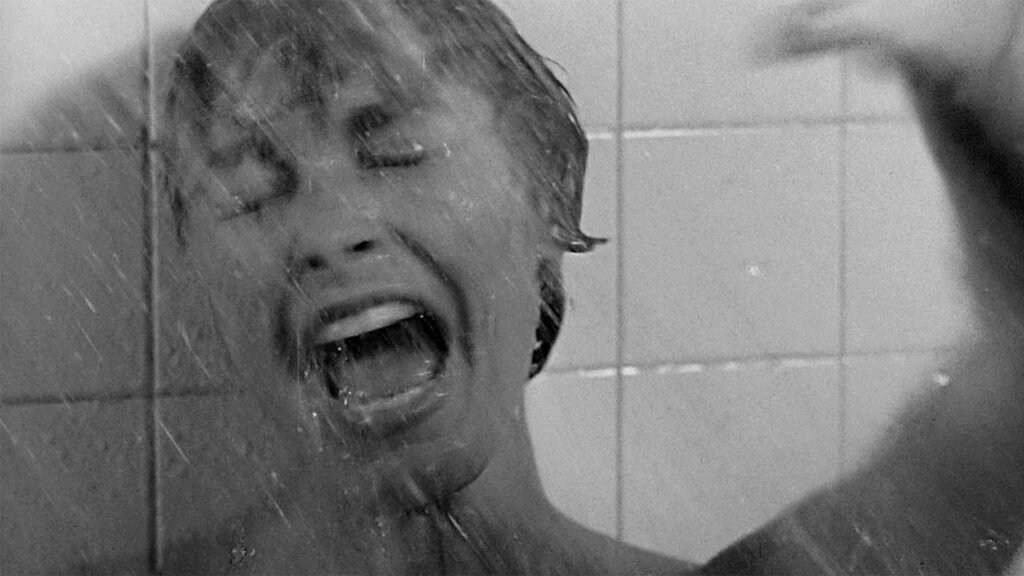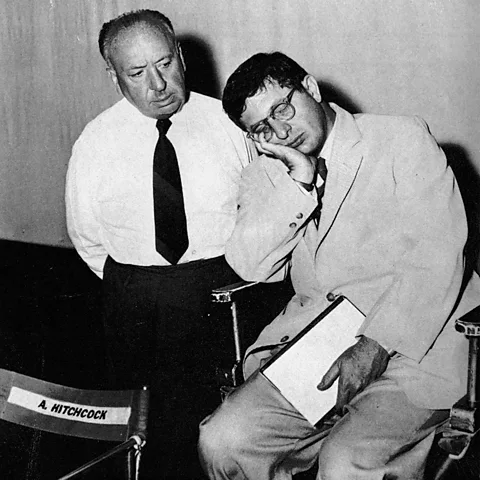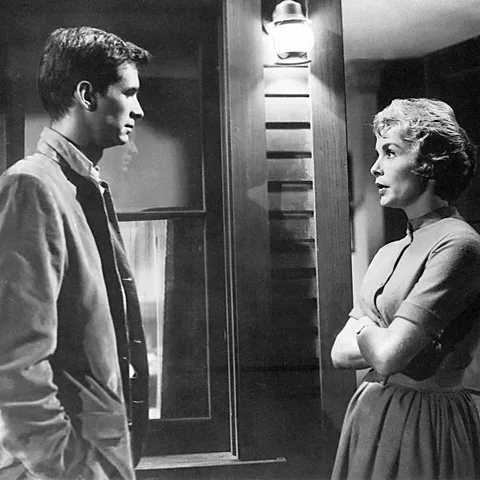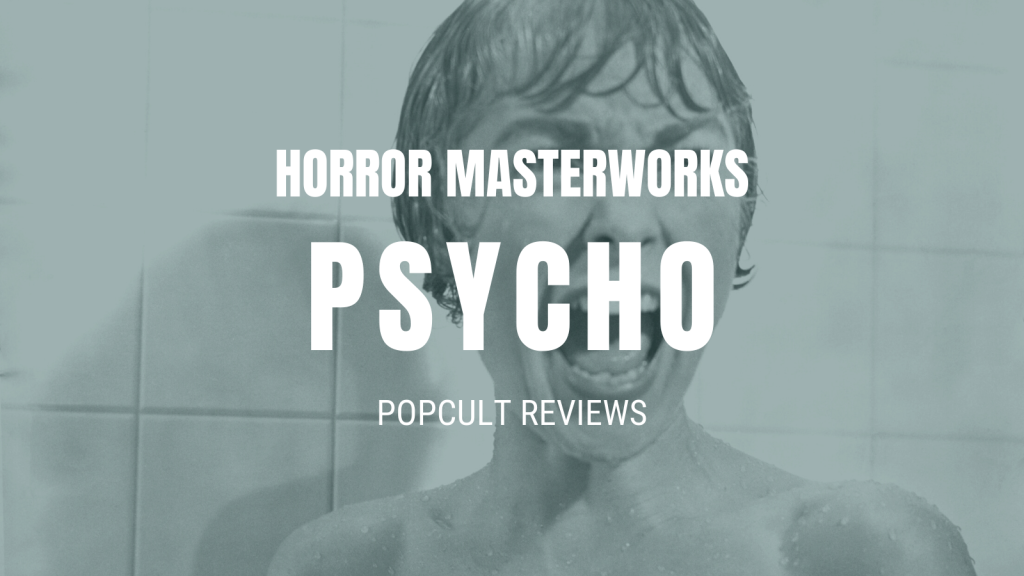Psycho at 65: A Soundtrack That Defined Suspense

When Alfred Hitchcock’s Psycho hit theaters in 1960, audiences were stunned—not just by the brutal shower scene, but by the piercing score that accompanied it. As the film marks its 65th anniversary, the Psycho music legacy continues to influence composers and directors across generations. Bernard Herrmann’s iconic, all-string score didn’t just set the mood—it redefined how music could build suspense. That Psycho music legacy helped turn a low-budget thriller into a cinematic masterpiece.
The Shower Scene: How Strings Created Screams
The screeching violins during the shower scene have become one of the most recognized audio cues in cinema. Herrmann’s choice of string instruments alone brought a raw, primal intensity to the screen. “That music is everything,” says composer Rachel Zeffira. The sharp, jarring tones mirrored both the violence on screen and Norman Bates’s fractured mind.
Psycho’s Music Legacy: Rebirth of a Thriller Through Sound

Before Herrmann’s involvement, Psycho lacked tension. But his orchestration added psychological depth. As author Steve C. Smith explains, “Psycho wasn’t a bad film without the score, but it wasn’t terrifying either.” Herrmann’s minimalist “black-and-white sound” perfectly matched Hitchcock’s monochrome visuals.
The Psycho Music Legacy: How Hitchcock and Herrmann Shaped Each Other
The duo had a fiery yet fruitful relationship, collaborating on six films before parting ways. Herrmann’s talent lay in creating music that lived inside a character’s head—dreams, dread, and delusion all packed into a few bars. When Hitchcock doubted the shower scene, Herrmann insisted on keeping the score. After watching it with the music, the director famously changed his mind.
Roots of the Psycho Music Legacy: Herrmann’s Journey from Radio to Film
Herrmann’s early work with Orson Welles at CBS Radio helped shape his storytelling instincts. He understood how silence, pauses, and subtle cues could trigger emotional responses. His experience in radio—especially the infamous War of the Worlds broadcast—taught him the power of audio illusion.
Psycho’s Musical DNA in Pop Culture

From Jaws to Eleanor Rigby, Herrmann’s influence stretches beyond horror. John Williams’s shark theme owes a debt to Herrmann’s creeping bass notes. Even rapper Busta Rhymes sampled Psycho’s strings, proving that Herrmann’s rhythmic intensity resonates far beyond classical circles.
A Melancholic Masterpiece: The Composer’s Style
Even Herrmann’s lighter pieces—like those in The Ghost and Mrs. Muir—carry an undercurrent of sorrow. Brandon Brown, a filmmaker creating a documentary on Herrmann, believes the composer was shaped by the trauma of his family’s flight from Eastern Europe. That pain echoes through his music, giving it emotional weight.
Final Collaborations and Farewell Notes
Though Herrmann and Hitchcock parted ways after Torn Curtain, Herrmann’s career flourished. His final score for Scorsese’s Taxi Driver includes a subtle nod to Psycho’s theme—an eerie suggestion that Travis Bickle, like Norman Bates, would strike again.
Psycho’s Score: A Lasting Impact
Herrmann’s Psycho score is a landmark in film history. It’s a soundtrack that doesn’t just accompany a movie—it defines it. Even decades later, any film that uses dissonant strings or chilling pauses owes something to Herrmann. As he once said, “A composer writes a score for a picture, and he gives it life.”





Beautiful! This has truly been an excellent post. Thank you very much for sharing these insights.